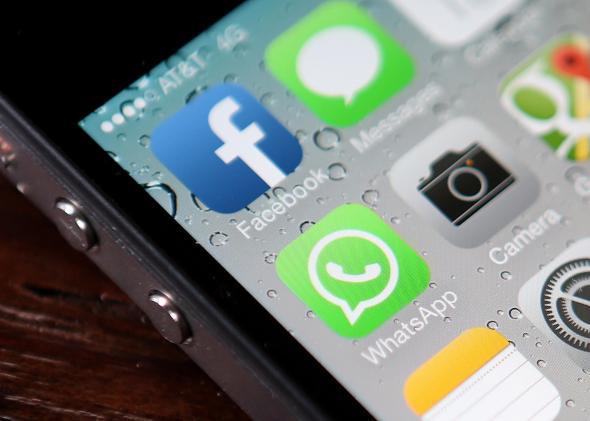The best news of the week is clearly that Google Fiber is going to expand, saving at least a few American cities from the disaster of current broadband monopolies. And good for Google.
But I think this raises the question of where are America’s other technology giants, especially the most gigantic of them—Apple—on this piece of the technology stack?
Apple is famously a company that believes in integration and believes in the value and importance of controlling every aspect of the user experience. But as a heavy user of Apple’s products, I can tell you that they are currently failing to do this. And it’s a problem for Apple.
When I think about my iPhone 5S, all the most frustrating aspects of using it—the ones I would most like to see improved in the next upgrade—are the ones that are under Verizon’s control, not Apple’s. Similarly, if you were to ask me what frustrates me most about my Apple TV, it’s the limits on the content available on the NBA League Pass Broadband app. The content isn’t limited because Apple doesn’t have the technological capacity to deliver more games, it’s limited because business relationships with cable companies make it impossible. By the same token, my MacBook Air is a substantially better computer when used at my office downtown than when used in my apartment in Logan Circle because the Internet is much faster at the office. Not only is my residential broadband slower, but it’s less reliable than it was a year ago—a situation a Comcast rep I spoke to on the phone blamed on the fact that more people live in my neighborhood.
Now obviously integrating into those aspects of the user experience would be very difficult and very expensive. But the Google Fiber initiative shows that it’s not impossible. And if there’s any company in America that has the capacity to undertake a very expensive project, it’s Apple.
